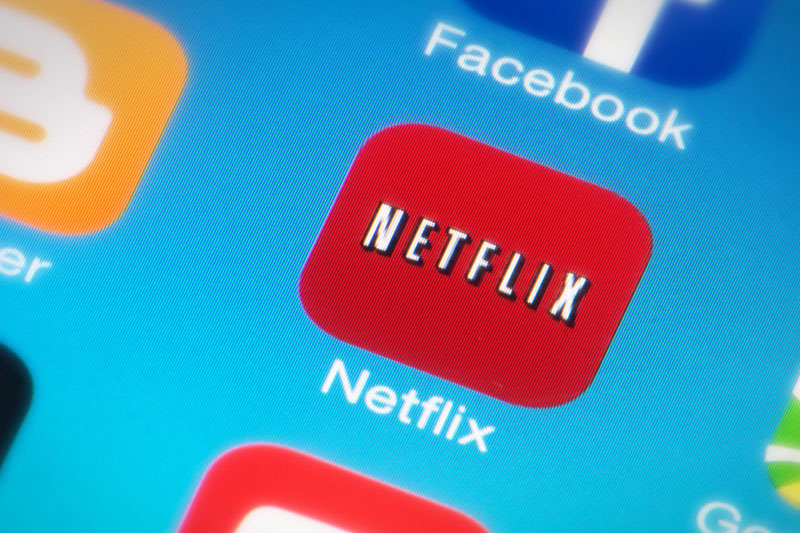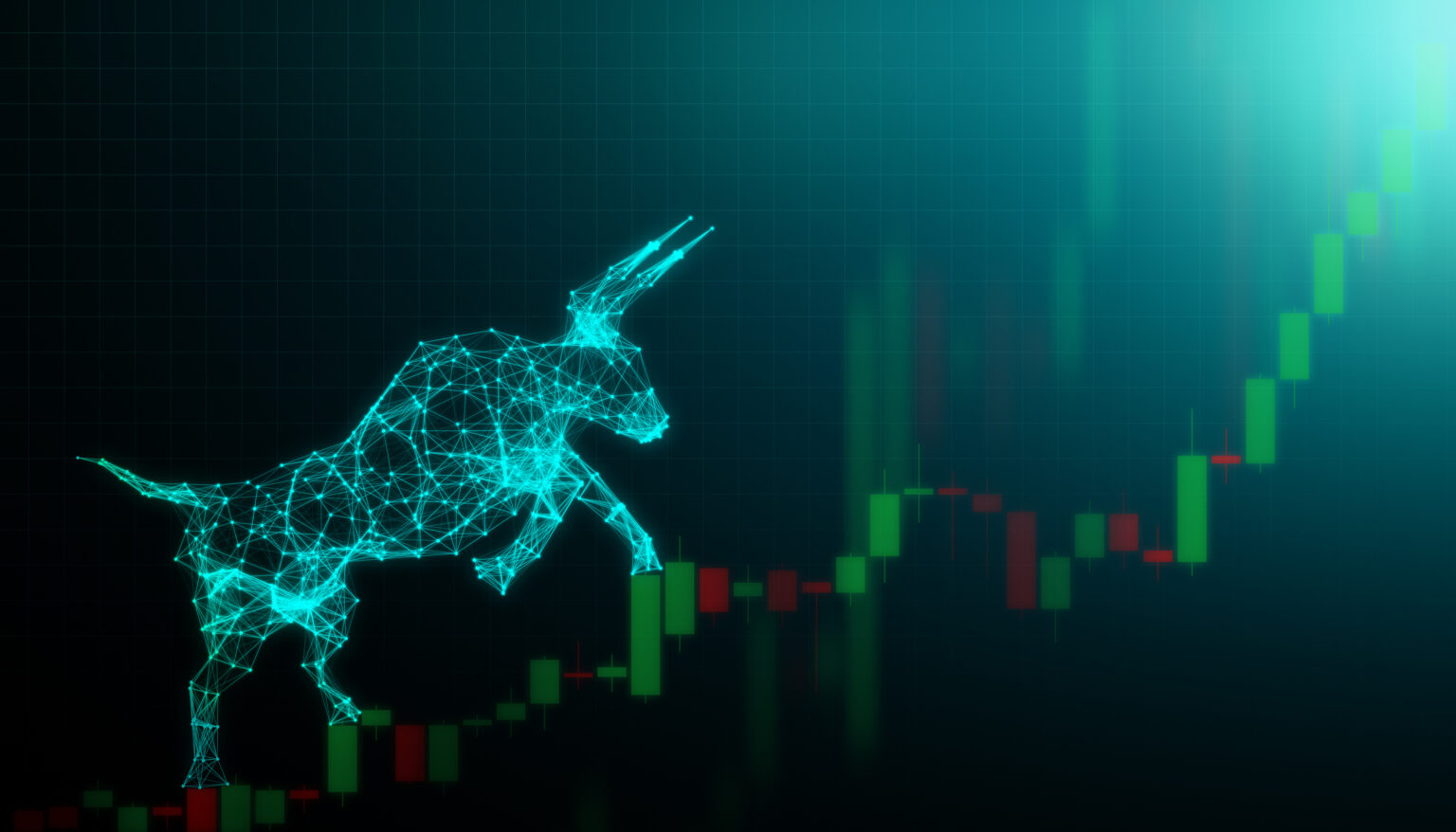Nothing gold can keep. Regardless of years of sturdy efficiency, the marketplace for private luxurious items is about to decelerate this 12 months for the primary time because the 2009 Nice Recession. Now, 50 million luxurious shoppers have both ditched shopping for designer luggage, scarves, watches, and extra—or have been priced out, Bain & Firm’s new annual luxurious report warns.
Solely a 3rd of luxurious manufacturers will finish the 12 months with optimistic progress, Bain posited, down from two-thirds final 12 months.
Trying forward, it stated that to remain alive, manufacturers have to reevaluate their worth proposition—primarily for Gen Zers—and maintain assembly their rising expectations.
As for the way? Marie Driscoll, an fairness analyst centered on luxurious retail, informed Fortune that reinvention is vital.
“Get again to books, make merchandise extra inspirational, make the purchasing expertise marvelous,” Driscoll stated. “You want to consistently meet shoppers at a unique approach and shock and delight them.”
“A wonderful ice cream sundae is boring by the point you’ve gotten it the fifth time,” Driscoll added.
Damaged guarantees to customers
On some stage, manufacturers have damaged their guarantees to shoppers, Driscoll stated.
“Since 2019, there’s been a excessive worth improve throughout luxurious and not using a corresponding improve in innovation, service, high quality, or attraction {that a} luxurious model ought to present,” Driscoll added. “This 12 months, that basically hit shoppers, and we felt the complete influence.”
It maybe explains why the luxurious powerhouses, together with LVMH (which owns Dior and Louis Vuitton), Burberry, and Kering (proprietor of YSL and Gucci), missed income targets this 12 months. The truth is, LVMH was dethroned as Europe’s most precious firm in September 2023 by Novo Nordisk, the maker of Ozempic.
Clients—past being hamstrung by eye-popping costs with which their salaries hardly ever maintain tempo—are probably rising unimpressed by the merchandise these high-end manufacturers have to supply.
Some greater than others. Michael Kors, founding father of his namesake model, stated throughout New York Trend Week in September that he’s fighting “model fatigue” in an effort to clarify 14% year-over-year income drops, pointing his finger at quick style and social media influencers maintaining with developments a lot, a lot sooner.
“The posh shopper desires one thing that’s uncommon, distinctive, bespoke, stunning and particularly theirs,” Hitha Herzog, a retail analyst, informed Fortune. “Whereas some luxurious manufacturers provide primary customization, virtually all luxurious manufacturers don’t have any option to make one-off items for his or her VIP shoppers, or create one thing so aspirational clients can attempt to finally personal.”
One main exception: Hermés, which has skyrocketed in progress this 12 months whereas its business friends have struggled. Herzog stated that is largely because of its Birkin bag, which amasses “lengthy waitlists and necessities and benchmarks of how a lot cash a buyer spends earlier than they will discuss to the shop about buying a bag.” That exclusivity, Herzog stated, “creates a mystique round proudly owning one thing uncommon, and provides it a way of price whenever you take a look at the value tag.”
The China impact
China had been propelling luxurious progress since 2000 all the way in which till the pandemic. “Luxurious progress globally benefited from the expansion of the Chinese language center class, the aspirational class, and the those that turned millionaires,” Driscoll stated.
LVMH, a bellwether for the bigger luxurious house, posted a 3% income drop final month, due largely to the continued impacts of inflation on shopper conduct—particularly within the essential Chinese language market. For its half, Kering reported a 15% year-over-year decline final month.
Bain stated the sharp lower in spending in China is because of “lackluster shopper confidence”—and so they’re not alone.
Globally, the present financial atmosphere has made many “aspirational” customers extra conservative of their spending, Nicolas Llinas-Carrizosa, a BCG accomplice centered on luxurious, informed Fortune. “They’re prioritizing both monetary investments or prioritizing spending in different classes they deem extra vital to them.”
All informed, your entire luxurious sector is about to drop by 2% over the 2024 full-year interval, Bain stated.
However that doesn’t imply shoppers are pausing their spending altogether; the journey, high quality wine and eating, and auto sectors each reported modest progress this 12 months.
Plus a “gradual restoration” in late 2025 is nonetheless nonetheless probably in China, Europe, the U.S. and particularly Japan—the place customers are the fortunate beneficiary of favorable foreign money change charges.











